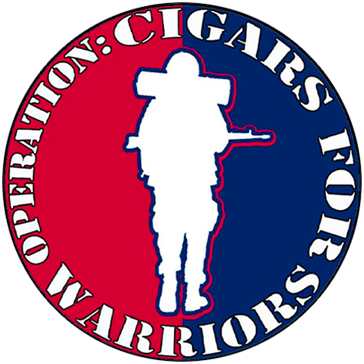Search Results
Filter Your Search
 Category Group
Category Group
Shop by Category
Molded in bronze-filled PTFE with an FKM energizer, this seal is used to protect the primary seal from damage caused by pressure spikes and excessive heat build up.
Bronze PTFE Buffer Material | 100 MM Nominal Inner Diameter | Buffer Seal
Molded in bronze-filled PTFE with an FKM energizer, this seal is used to protect the primary seal from damage caused by pressure spikes and excessive heat build up.
Bronze PTFE Buffer Material | 130 MM Nominal Inner Diameter | Buffer Seal
Molded in bronze-filled PTFE with an FKM energizer, this seal is used to protect the primary seal from damage caused by pressure spikes and excessive heat build up.
Bronze PTFE Buffer Material | 140 MM Nominal Inner Diameter | Buffer Seal
Molded in bronze-filled PTFE with an FKM energizer, this seal is used to protect the primary seal from damage caused by pressure spikes and excessive heat build up.
Bronze PTFE Buffer Material | 45 MM Nominal Inner Diameter | Buffer Seal
Molded in bronze-filled PTFE with an FKM energizer, this seal is used to protect the primary seal from damage caused by pressure spikes and excessive heat build up.
Bronze PTFE Buffer Material | 50 MM Nominal Inner Diameter | Buffer Seal
Molded in bronze-filled PTFE with an FKM energizer, this seal is used to protect the primary seal from damage caused by pressure spikes and excessive heat build up.
Bronze PTFE Buffer Material | 65 MM Nominal Inner Diameter | Buffer Seal
Molded in bronze-filled PTFE with an FKM energizer, this seal is used to protect the primary seal from damage caused by pressure spikes and excessive heat build up.
Bronze PTFE Buffer Material | 70 MM Nominal Inner Diameter | Buffer Seal
Molded in bronze-filled PTFE with an FKM energizer, this seal is used to protect the primary seal from damage caused by pressure spikes and excessive heat build up.
Bronze PTFE Buffer Material | 70 MM Nominal Inner Diameter | Buffer Seal
Molded in bronze-filled PTFE with an FKM energizer, this seal is used to protect the primary seal from damage caused by pressure spikes and excessive heat build up.
Bronze PTFE Buffer Material | 85 MM Nominal Inner Diameter | Buffer Seal
Molded in bronze-filled PTFE with an FKM energizer, this seal is used to protect the primary seal from damage caused by pressure spikes and excessive heat build up.
Bronze PTFE Buffer Material | 25 MM Nominal Inner Diameter | Buffer Seal











